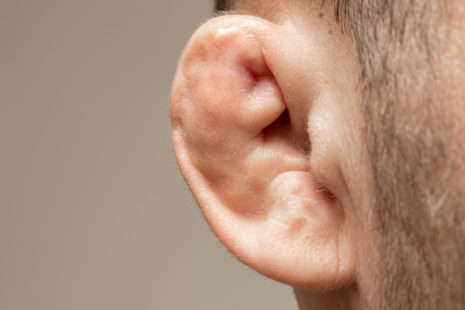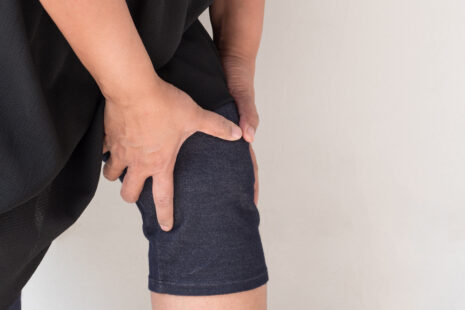When dealing with a rotator cuff injury, it’s necessary to avoid activities or behaviors that could exacerbate the condition or hinder the healing process.
Here are some things not to do…
- Ignoring the Pain – Ignoring or downplaying the pain associated with a rotator cuff injury can lead to further damage. It’s crucial to listen to your body and seek appropriate medical attention if you experience persistent or worsening pain.
- Overexerting the Shoulder – Avoid activities that put excessive strain on the shoulder joint, such as heavy lifting, repetitive overhead movements, or sudden jerking motions. These actions can further stress the already compromised rotator cuff tendons and delay healing.
- Skipping Rehabilitation Exercises – Neglecting prescribed rehabilitation exercises can impede recovery and result in reduced strength, flexibility, and stability in the shoulder joint. Consistently performing rehab exercises as instructed by a healthcare professional is crucial for optimizing outcomes and preventing re-injury.
- Returning to Activities Too Soon – Rushing back to regular activities or sports before the rotator cuff has fully healed increases the risk of re-injury. It’s necessary to follow a gradual return-to-activity plan under the guidance of a healthcare provider to ensure a safe and successful recovery.
- Poor Posture and Ergonomics – Maintaining poor posture or engaging in activities that promote slouching or rounded shoulders can exacerbate rotator cuff issues. Practice proper ergonomics, such as sitting and standing with good posture, and avoid prolonged periods of sitting or standing in awkward positions.
- Neglecting Overall Shoulder Health – Rotator cuff injuries are often influenced by overall shoulder health and biomechanics. Neglecting factors such as shoulder mobility, muscle imbalances, and scapular stability can predispose the shoulder to injury. Incorporate exercises and stretches targeting the entire shoulder complex to promote optimal shoulder health.
- Excessive Rest – While rest is essential for initial healing, prolonged immobilization or inactivity can lead to stiffness, weakness, and loss of function in the shoulder joint. Gradually reintroduce gentle movement and activity as tolerated to prevent joint stiffness and promote circulation.
- Ignoring Warning Signs – Pay attention to any warning signs or symptoms of worsening pain, swelling, or loss of function in the shoulder. Ignoring these signs and continuing activities that aggravate the injury can lead to more severe damage and prolonged recovery times.
- Self-Diagnosis and Treatment – Attempting to self-diagnose or self-treat a rotator cuff injury without professional guidance can lead to mismanagement and delayed recovery. Seek evaluation and treatment from a qualified healthcare provider to ensure an accurate diagnosis and appropriate management plan.
- Disregarding Medical Advice – Finally, always follow the advice and recommendations of your healthcare provider regarding treatment, rehabilitation, and activity modification. Communicate openly with your healthcare team about your symptoms, concerns, and progress to optimize your recovery outcomes.




